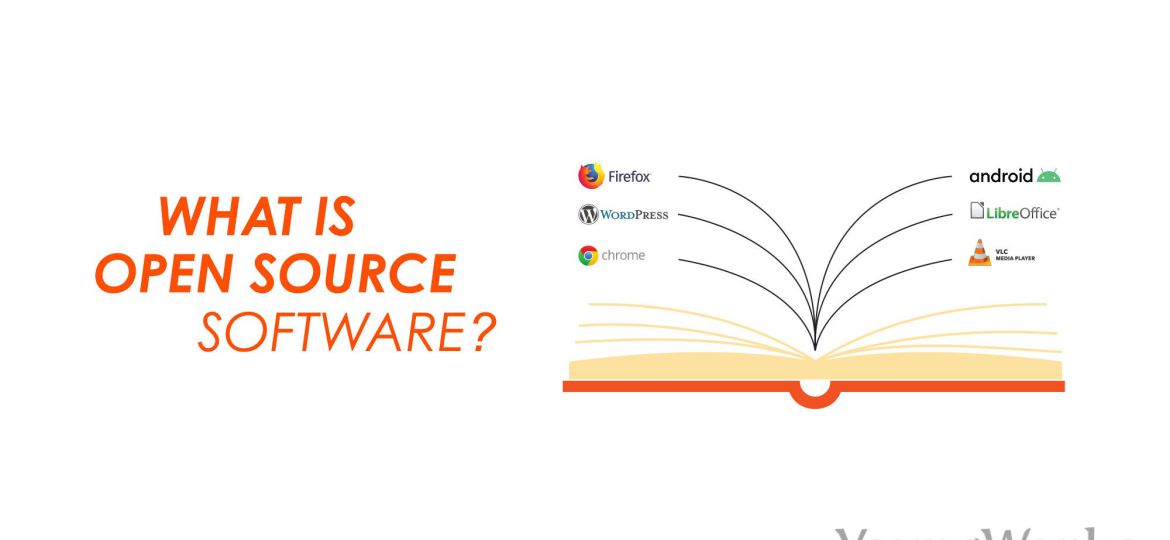
Open-source software has emerged as a powerful force in the world of technology, offering both advantages and challenges for businesses and developers. LeMeniz, a prominent name in software solutions, understands the intricate dynamics of open-source software. In this blog post, we will explore the benefits and challenges associated with open-source software and gain insights from LeMeniz on how they navigate this ever-evolving landscape.
The World of Open-Source Software:
Open-source software is a type of software with a source code that is open and freely available to the public. Users can view, modify, and distribute the code as they see fit. This collaborative approach to software development has spawned a wide array of projects and initiatives, with a significant impact on the tech industry.
The Benefits of Open-Source Software:
- Cost Savings: One of the most apparent benefits of open-source software is the cost advantage. Businesses can leverage high-quality software without the hefty licensing fees associated with proprietary software.
- Community Collaboration: Open source fosters a community-driven approach to development. A worldwide network of developers, testers, and users collaborate to enhance and refine the software continually.
- Customizability: Open-source software can be customized to meet specific requirements. This flexibility allows businesses to tailor software to their exact needs.
- Security: The open-source nature of the code allows for transparent security auditing. Vulnerabilities are identified and addressed quickly, enhancing software security.
- Longevity: Open-source software projects tend to have a longer lifespan. They are not reliant on the fate of a single company, ensuring software longevity.
Challenges of Open-Source Software:
- Licensing Complexity: Understanding and complying with open-source licenses can be intricate. Businesses must manage and track licenses to avoid legal issues.
- Support and Maintenance: While the community provides support, it may not be as responsive as dedicated customer support for proprietary software. Businesses may need to invest more in in-house support.
- Integration: Open-source software often requires complex integration into existing systems, which can be challenging and costly.
- Learning Curve: Open source may require a learning curve, as it can differ significantly from proprietary software in terms of usage and management.
LeMeniz’s Insights:
LeMeniz recognizes the significance of open-source software in the modern tech landscape:
- Hybrid Approach: LeMeniz often adopts a hybrid approach, utilizing open-source components alongside proprietary solutions to balance cost-effectiveness with reliability.
- Strategic Selection: LeMeniz carefully selects open-source software based on its specific advantages and the needs of its clients. They understand the importance of compatibility and support.
- Community Engagement: LeMeniz often actively participates in open-source communities, contributing to projects and benefiting from the collective knowledge and experience of developers worldwide.
Conclusion:
Open-source software offers a wealth of benefits, from cost savings to community collaboration. However, it also presents challenges, from licensing complexities to support and maintenance requirements. LeMeniz’s approach to open-source software reflects a keen understanding of these dynamics. By strategically incorporating open-source solutions and actively participating in open-source communities, LeMeniz ensures that their clients receive the best of both worlds: the advantages of open source and the reliability of tailored software solutions. Open source remains a powerful tool in the ever-evolving landscape of software development, and LeMeniz knows how to harness its potential effectively.















